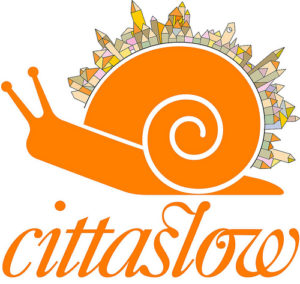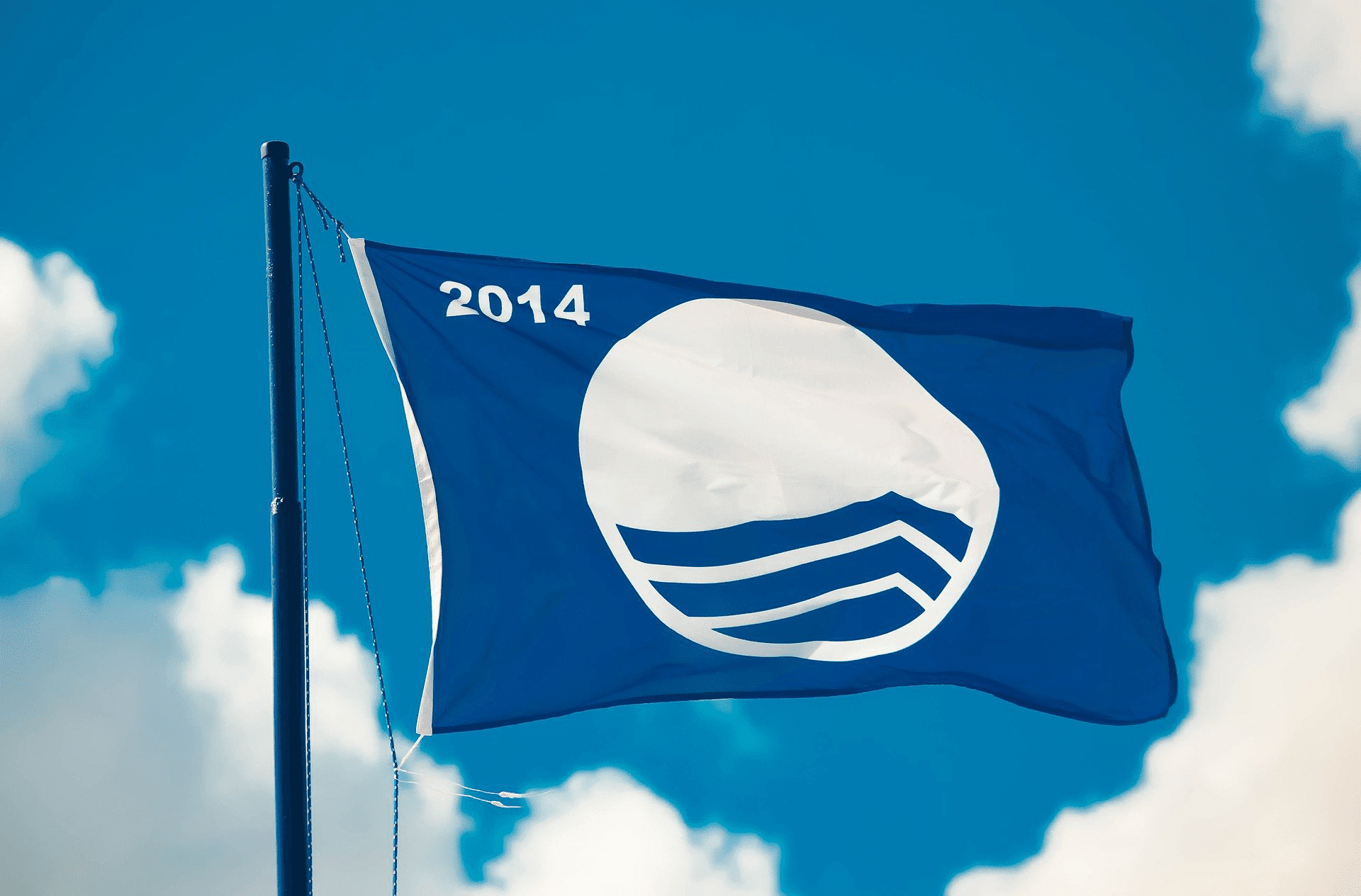You may not be aware of it, but adopting slow tourism or slow travel means acting in favor of sustainable tourism. Less travel, meetings with the local population (craftsmen, farmers, restaurateurs, designers, etc.) or gentle activities such as cycling, walking or kayaking. An alternative model of travel that promotes the local economy, environmental protection and social initiatives.
Ecology at the heart of the movement
At a time when more and more voices are being raised against the pollution caused by the air sector, many people are now turning to gentler forms of transport. Why not enjoy your holidays to get on your bike? For example, take the Canal du Midi to discover the wine city of Bordeaux or the fortified town of Carcassonne, cycle along the Loire to visit the castles of Chambord, Chenonceau and Amboise, cycle to Lyon, or take the Vélodyssée to the Atlantic coast.
White water sports enthusiasts will take the time to discover the Pont du Gard by kayak, the creeks of the Ile de Beauté by canoe or the cliffs of Étretat by paddle. Soft mobility also means hiking and trekking! In France, there is no shortage of natural sites: the Vosges, the Jura, the Pyrenees… Other soft modes of transport: horse riding, trains, caravans and barge cruises. On the programme: 6700 km of navigable waterways to sail on the Rhine, the Danube and the Seine. Enough to completely disconnect to the sound of lapping water!
Adopting slow tourism also means thinking about the development of environmentally friendly mobility, such as :
Cycle tourism, River tourism, Tourism on horseback, Hiking, Tourism by train.
This type of tourism is more authentic and allows you to immerse yourself in the place you are visiting, away from the crowds and closer to the local population. The choice is therefore to take less crowded routes.
However, Slow Tourism can also be practised close to home, or on a trip to the other side of the world!
“Ecotourism is the will and practice of tourism development and recreational activities in a country, region or tourist destination that integrates the basic principles of sustainable development, which are respectful of the human being, the environment, the culture and the local economy of the host region.
Definition according to the World Tourism Organisation
Local authorities and territories are entering the scene
Furthermore, cities, departments and regions are setting up actions to promote ecology, but which also allow for slow tourism. Indeed, in many cities and in Brittany, more precisely near Rennes, many municipalities are setting up cycle paths to reach neighbouring towns.
These paths are essentially dedicated to encouraging bicycle travel, which is more ecological than the car or public transport. At the same time, this benefits slow tourism.
In addition, ADEME (the French Agency for Ecological Transition) is launching a call for projects to support tourism industry players in designing their service offer to develop a slow tourism offer.
Slow tourism in search of authenticity and sensitive to its ecological footprint logically turns to rural areas and natural parks. An additional card to play for territories already spearheading rural tourism! The existing offers just need to be brought together in a new light. The Saône-et-Loire is leaning towards extra-sensory country breaks; the Mayenne is promoting Slowlydays. As for the Lot and Dordogne valleys website, it has a complete offer on several pages: slow travel, slow accommodation, slow visits, slow cocooning and slow food. Ideal for extending the length of your stay!
Conclusion
Moreover, many labels are now part of the practice of slow tourism. In France, we can find different labels such as Cittaslow, which is the main label linked to this movement.

The cities labelled “Cittaslow” in the world ensure responsible travellers an exceptional quality of life. Cittaslow is the International Network of Cities for Living Well. At a time when globalisation was already threatening the balance and sustainability of our planet, the slow movement was born in the 1980s to promote a more humanistic and sensible world. At the time, it spoke of eco-gastronomy, an anti-car world, taking the time to live, to exchange, etc.

Finally, we can also mention the Pavillon Bleu, Accueil Vélo, Agir pour un Tourisme Responsable, European Ecolabel and Clef Verte labels. These labels work for sustainable, ecological and environmentally friendly tourism.
Slow tourism is now a means of bringing about change. Indeed, new infrastructures, labels and investments are being put in place in France to develop this sustainable and ecological movement.
